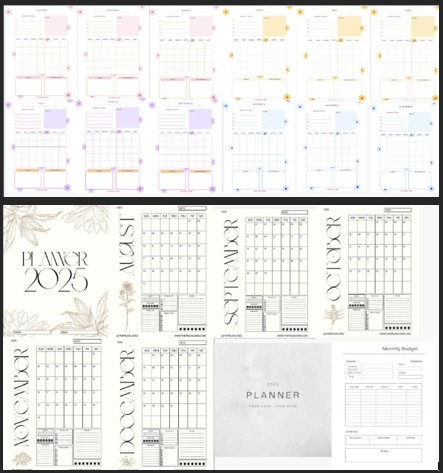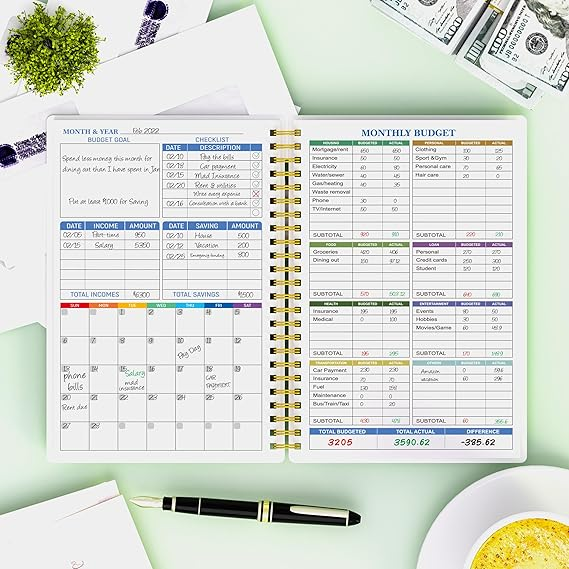Living below your means might sound simple, but many people get it wrong. They think it means strict rules, missing out, or feeling ashamed for not keeping up with others. That’s not true. The real key to building wealth is having control, lowering stress, and making choices that fit your values.
You don’t need harsh discipline to handle your money well. What matters is how you think about it. Spending less than you earn isn’t a punishment—it’s the base for true freedom.
People who live below their means build real wealth. When you spend less than you make, you create extra money. That extra money brings peace and opens doors for investing.
A 2023 study from the Consumer Financial Protection Bureau showed that families who saved 20% or more of their income were almost twice as likely to stay safe during money problems and bounce back faster. When you save and invest, your money starts working for you.
Think about this: someone earning $60,000 but spending $50,000 will get ahead of someone making $100,000 but spending every dollar. What you keep matters more than what you make. That difference can allow you to quit a bad job, pay for your child’s school, or retire early.
Debunking the Myths: Living Below Your Means Doesn’t Mean Deprivation
When people hear “live below your means,” they often picture eating instant noodles or skipping all social events. That’s not the point. It’s about making choices on purpose, not about doing without.
You don’t have to give up everything you enjoy. Maybe you love a good cup of coffee every morning. If you include it in your budget and cut back somewhere else, it’s fine to treat yourself. The important thing is making sure your spending matches what matters most to you.
Living with intention means:
- Spending on what adds real value to your life.
- Skipping things that don’t.
- Holding on to your freedom, not your cash for its own sake.
The Compounding Effects of Consistent Savings
Savings is like planting seeds in a garden. The sooner you start, the more your money can grow. Compound interest turns small, regular savings into serious wealth over time. For example, putting aside $200 a month at a modest 6% annual return grows to nearly $195,000 after 30 years.
This is the magic of consistency. Each dollar saved not only cushions the future but gives you more choices. When you’re ahead, you earn back your time and gain a safety net for life’s surprises.
Practical Strategies to Live Below Your Means Without Feeling Deprived
The good news—building new habits feels hard at first, but easier over time. Real financial stability comes from a bunch of smart, small choices repeated daily.
Track Spending and Identify Hidden Expenses
You can’t control what you don’t track. Many spend without noticing—on impulse buys or subscriptions they barely use. Try writing down every expense for a week or use free apps like Mint or YNAB.
Spot the habits. That snack you grab after lunch? Subscriptions you forgot about? Add all those small costs. They usually don’t bring joy but slowly drain your money.
Master the Art of Smart Budgeting
A budget isn’t a cage; it’s a map. There are many ways to build a budget, but two popular ones stand out:
- 50/30/20 Rule: Put 50% of income to needs (housing, food, bills), 30% to wants (dining out, entertainment), and 20% to savings or debt.
- Zero-Based Budgeting: Give every dollar a job, so income minus expenses equals zero. This forces you to be intentional down to the last cent.
There’s no perfect method for everyone. Experiment. The best budget is the one you actually use.
Prioritize Needs Over Wants Without Guilt
Wanting new gadgets or clothes is normal. But knowing what you really need changes things. Needs are things you must have, like a place to live, food, utilities, insurance, and basic transportation. Wants are things you want but don’t need, like the newest phone, a new car, streaming services, or trendy clothes.
Make a list of your needs and wants. See which wants you spend money on. Being grateful for what you have helps stop the feeling of missing out and makes it easier to be okay with your choices.
Automate Savings and Bill Payments
Take willpower out of the equation. Set up automatic transfers to savings and schedule all bills immediately after payday. That way, what’s left is what you actually have to spend. There’s less temptation, less risk of missing due dates, and more peace of mind.
Stop Impulse Buying
Retail therapy is real, and marketers know it. Try this trick: when you feel the urge to buy, wait 24 hours. Most of the time, you’ll lose interest. You can also keep a wishlist. If you still want the item after a month, it may be worth buying.
Learn How to Negotiate Your Bills
Many people don’t realize you can call your cable, internet, or cell provider and ask for a better rate. Companies often offer unadvertised discounts—especially if you mention switching services. A 15-minute phone call can save hundreds each year.
Downsize Your House
Housing costs eat up most budgets. If you have unused space, think about moving to a smaller place or renting out a room. Downsizing only makes sense if it fits your family and lifestyle, but the savings often outweigh the sacrifice.
Live Off One Income if Possible
Many households get used to spending both partners’ salaries. That can trap you. If you can, build your budget around a single income and save the other. This cushions you if life changes, and pushes you to spend only what’s actually affordable.
Cut Out the Things You Don’t Need
Sit down with your last three bank statements. List the things you love and value. Then check if your spending matches your priorities. If something’s eating away at your income but not making you happy—cut it. This could be unused subscriptions, frequent takeout, or even a gym you never go to.
Don’t Rely on Your Credit Cards to Live
Credit cards are tools, not a crutch. Keep your balance under 30% of your limit and stick to one or two cards. Always pay the full amount each month. If credit cards have caused trouble before, try using cash or a debit card instead.
Living below your means is more than just saving money. It’s about making choices that bring stability and freedom. It’s about enjoying life now while also planning for what’s ahead.
You don’t need a big house or the newest phone to be happy. Real comfort comes from knowing your family’s needs are met, your savings are growing, and your money works for your values.
Small changes, good habits, and the right mindset build lasting wealth. Start simple, stay consistent, and remember that every choice shapes the life you want. You control your future—one decision at a time.















